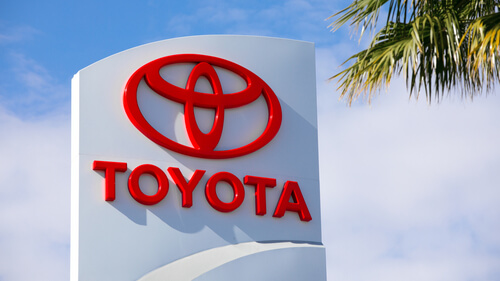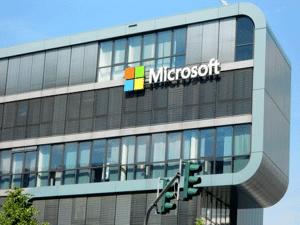On October 12, Toyota announced its collaboration with Idemitsu to develop assembly line technology for electric vehicle (EV) batteries.
The partnership aims to become the global leader in all-solid-state battery (ASSB) development and distribution by 2027 or 2028. Its objectives include mass-producing and improving the productivity of solid electrolytes and establishing an all-encompassing supply chain.
Solid-state batteries (SSBs) can contain more energy than the liquid electrolyte batteries that EVs currently use. Hence, analysts believe that large-scale adoption of SSBs will accelerate the transition from traditional automobiles to EVs.
Both companies have established a task force to achieve full-scale mass production using a three-phase implementation program. Construction of a large pilot facility began earlier this year, and Toyota expects the market rollout to finish by 2028.
Japan’s top automaker stressed that working with a major Japanese oil company would allow it to catch up with rivals. CEO Koji Sato said they have developed an EV battery material that is more stable and less prone to cracking.
Moreover, Sato confidently concluded that the future of mobility lies in the linkup between the auto and energy sectors. Meanwhile, Idemitsu CEO Shunichi Kito emphasized that the era of SSB is just a few years away.
Idemitsu to Equip Toyota with Energy Innovation
Toyota plans to combine its multi-pathway development approach with Idemitsu’s social implementation of energy to achieve carbon neutrality. Idemitsu started researching and developing elemental technologies for ASSBs in 2001, five years ahead of Toyota.
In addition, Idemitsu has been working on creating lithium sulfide, an intermediate solid electrolyte material, using by-products from petroleum refining. In doing so, the energy company plans to establish a stable and low-cost supply system for sulfide solid electrolytes.
Idemitsu will assist Toyota in reducing the charging time of commercial SSBs to under 10 minutes. Furthermore, the collaboration intends to leverage the appeal of its next-generation batteries to deliver 1.50 million EVs in 2026.











